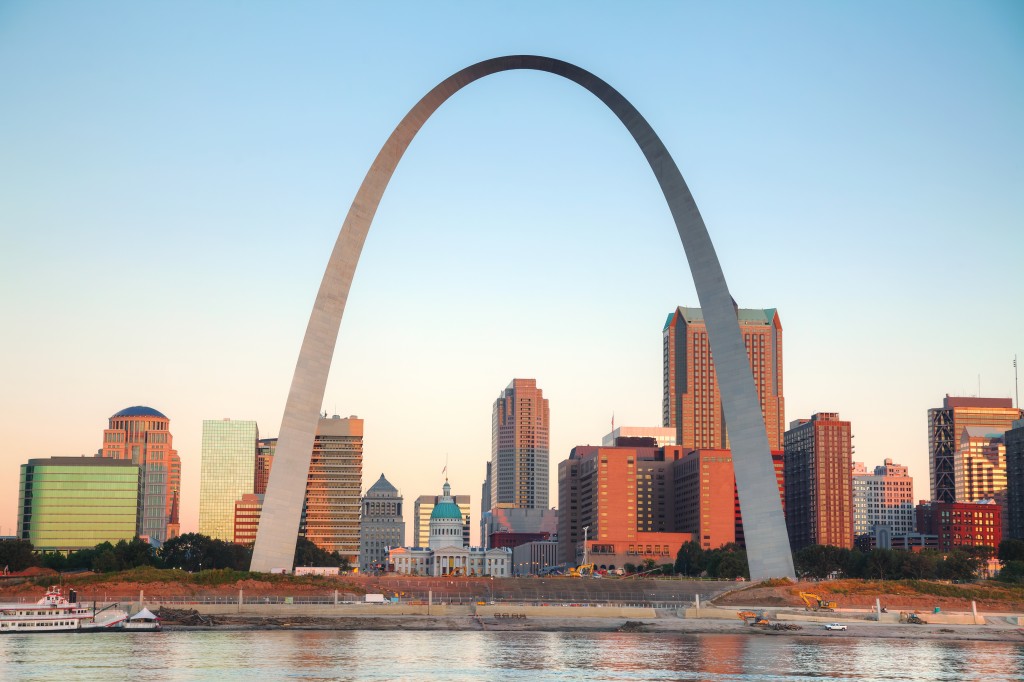
SJR 39: Advancing religious freedom or discrimination in Missouri?
Stanley Carlson-Thies
Did the US Supreme Court’s Obergefell decision, which requires every state to accept same-sex marriages, put at risk the rights of religious organizations and people who, because of their religious convictions about marriage, object to helping to celebrate or facilitate such marriages? The Supreme Court justices said that there are valid religious freedom concerns. In response, efforts are underway now in multiple states, in the first legislative session after the decision, to create protection via legislation. Do these efforts amount to state protection of discrimination against LGBT people?
Proposed legislation has to do with specific details: who and what is protected under which circumstances. Unfortunately, the public discussion about these complicated matters is too often conducted purely in slogans. But the details make all the difference.
Consider SJR 39, a Republican bill to put before Missouri voters a constitutional amendment to protect “certain religious organizations and individuals from being penalized by the state because of their sincere religious beliefs or practices concerning marriage between two persons of the same sex.” The bill passed the state Senate on March 10 and is now being considered by the state House of Representatives. It achieved national prominence in part because of a nearly 40-hour filibuster by Senate Democrats.
Missouri does not have a state-wide law protecting LGBT people against discrimination, although 14 municipalities in the state do provide such protection. An effort to get the legislature to simultaneously pass strengthened LGBT and religious freedom protections—a “fairness for all” approach–did not gain much ground. That leaves SJR 39, which has been loudly criticized by some as an effort to enshrine anti-gay discrimination in the state’s constitution.
SJR 39 is neither a state version of a multi-purpose Religious Freedom Restoration Act nor a state version of the federal First Amendment Defense Act (FADA)—which has been pushed in Congress in the wake of the Obergefell decision. The Missouri bill protects religious organizations from being penalized by the state or by a local government either because the religious organization supports marriage equality or because it supports traditional marriage. It includes for-profit organizations in the category of protected religious organization—bring to mind a religious bookstore or kosher butcher or a faith-based broadcast station—if the company “hold[s] itself out to the public” as religious and its “purposes and activities” are, in whole or part, religious. Individuals and closely held companies would be able to decline to provide services or products that are of “expressional or artistic creation” to a wedding or wedding reception, if the person or small business has a religious objection to the kind of marriage (same-sex or opposite-sex) being celebrated.
But this bill would give no protection to a government official who desires to stand in the way of a same-sex couple seeking a marriage license. It gives no protection to a business, small or large, that refuses to serve a person simply because the person is gay or transgendered.
In short, the Missouri bill seeks to strike a careful balance. It tells the state and local governments that in this sensitive area–what people of varied religions consider to be authentically a marriage—they must honor and not penalize religious belief and exercise. The bill would create no protection for the apocryphal pizza shop that claims a religious reason not to serve pizza to gay customers.
Better for a state to adopt at the same time protections for everyone in this highly charged area of conflicting convictions about LGBT identity, conduct, and relationships. And yet the narrowly crafted SJR 39 should not be pilloried as just another effort to bash gay people. Supreme Court justices, in noting that the validation of same-sex marriage across every state creates genuine religious freedom concerns, also noted that it is only legislatures, not judges, who can create the missing religious freedom protections. The Missouri Senate has made a good-faith effort to step in to do so.
